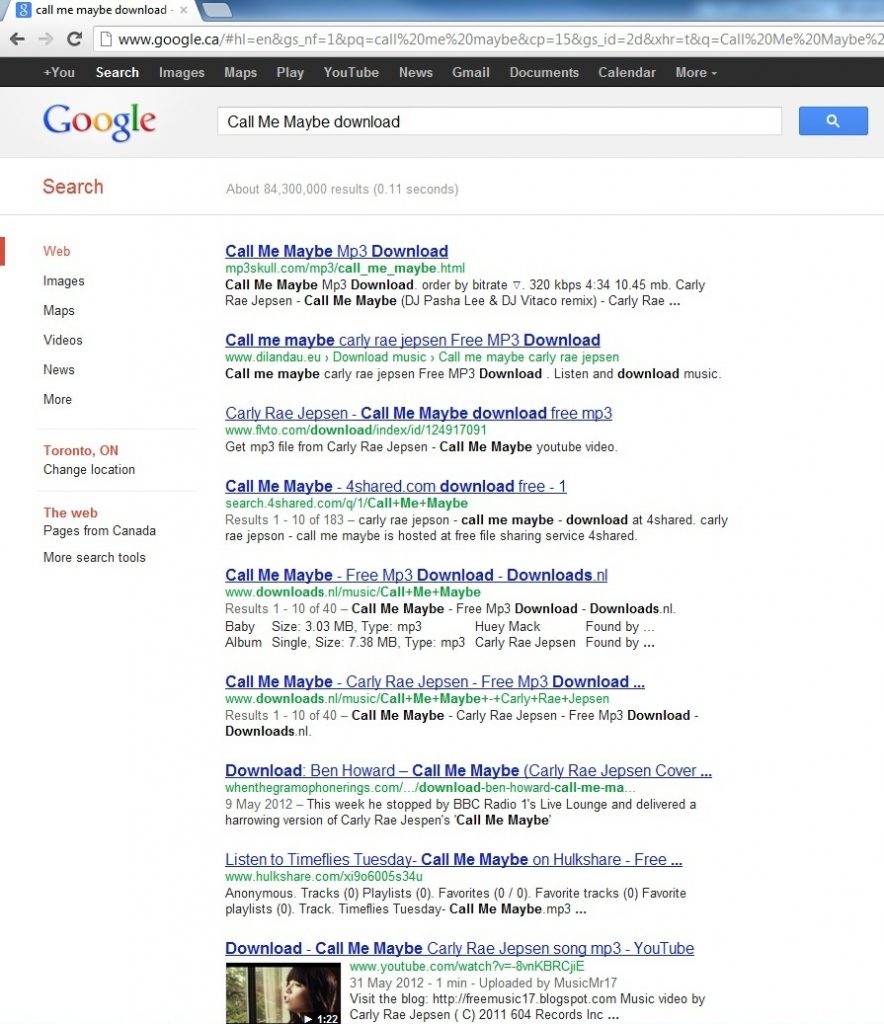 The Rambler is a column by Graham Henderson, President of Music Canada. Graham writes from time to time about developments in the music industry, new trends or just about music! Let’s face it, Graham has been around for a long time and has a lot to ramble on about.
The Rambler is a column by Graham Henderson, President of Music Canada. Graham writes from time to time about developments in the music industry, new trends or just about music! Let’s face it, Graham has been around for a long time and has a lot to ramble on about.
After having gone MIA for a few weeks in terms of my contributions to the Rambler, I am back with an analysis of Premier Wynne’s inaugural throne speech.
The last few months have been good ones for music in Ontario. Under the leadership of Minister Michael Chan, the Ontario government launched an ambitious plan to turn Ontario into one of THE global destination for music tourism. And with good reason. Music tourism is Ontario’s hidden, un-accessed super power, fueled by our live music scene. This is timely and visionary because the Canadian Chamber of Commerce, just this week, identified Canada’s poor performance in the tourism sector as one of our top 10 barriers to competitiveness. You can read about Ontario’s plan here.
So what do we know about Ontario? We know from our economic impact study that there are more than 7400 employed in live music in Canada, and we have estimated that over HALF of them are here. We know that we have one of the largest, most diverse music scenes in the world. That gives us a built in advantage. We know from the Discovering Ontario report that tourism is the largest employer of young people in this province. We know from a report by the Ontario Arts Council that 9.5 million overnight tourists to Ontario participated in arts and culture activities during their trips in 2010. For almost half of them music was the motivation for their trip. It is also a fact that arts and culture tourists stay longer and spend more. And that’s without a coordinated marketing plan. Imagine what we could do if we had a plan and devoted even modest resources to this? Well, that plan in underway NOW.
Last Friday I was honoured to have been invited to Premier Wynne’s first “Jobs Roundtable”. Meeting participants were asked to share their insights and recommendations on what the government and businesses can do together to create jobs – particularly for youth – in the immediate term. I had three specific, achievable recommendations in the areas of tax credits, music tourism and music education. All of which seemed to have been very well received.
Then today came the Throne Speech which included, likely for the first time in history, a mention of music. While the reference was muted, it nonetheless came in a key economic section and in the same breathe as sectors that have long enjoyed powerhouse status in Ontario, automotive and agriculture. Here is the reference:
“[The Government] will look to stimulate productivity across all sectors, from automotive and agriculture to film, music, and digital media; from small business to start-ups and social entrepreneurs.”
The proposals we have put in front of the Government would help to do exactly this, and in an achievable, manageable way. Ontario’s music cluster is ripe for growth. Over 80 percent of the economic activity of the sound recording industry in Canada takes place here. This sector is one of Ontario’s competitive advantages, as the Ontario Chamber of Commerce has noted. Revenues for the Ontario sound recording industry totaled $408 million in 2010. Ontario has not yet fully capitalized on the strategic advantage it enjoys in the global music industry. Targeted provincial support is needed. According to an independent analysis, strategic productivity and jobs-focused supports for Ontario’s sound recording industry would trigger 60 million dollars in additional spending, generate 1,300 new jobs and result in almost $300 million in new economic output. This proposal was highlighted in the Ontario Chamber’s Emerging Stronger 2.0 document.
While music was not specifically mentioned again, arts and culture was highlighted as one of the aspects of our society that makes Ontario a great place to live:
“It will prove once again that Ontario is a great place to work and live, but also to visit, to invest in, to believe in. It will celebrate our hard work, our ingenuity, our diversity, our arts and culture, and protect the beauty of our natural environment.”
And this is the message that we have delivered repeatedly to all levels of government for the past year or more. Arts and culture and in particular music, serve to both attract and retain talented people. This in turn has a significant impact on business recruitment, retention, and expansion, as well as local entrepreneurship. An economic plan that stimulates the music community will in turn help to stimulate the economy at large. The Throne Speech noted that creative jobs are in every region of Ontario noting as an example that “We have authors and artists and actors in Timmins…”
On the subject of education, the Throne Speech noted that:
“Our young people will experience a world of which we can now only dream, and we must all work together to ensure they are equipped with the appropriate tools for their time. They must be literate in the languages of tomorrow; encouraged to pursue the paths of their choosing and prepared for the challenges ahead. We must emphasize critical thinking, creativity, teamwork and an entrepreneurial spirit.”
What is encouraging here is that while not specifically mentioned, music education is widely regarded as a key component in developing young minds and preparing them for careers in not just music, but in science, technology and mathematics. But as I pointed out at the Jobs Roundtable, music education is Ontario’s abandoned “game changer”. There are many people reading this who will understand me when I point out that music has a transformative power to open minds, to enhance collaborative skills and to change lives. Highly successful people in various fields, including Commander Chris Hadfield, have spoken of the important role music education played in preparing them for their career. It should not be discarded and lost in the shuffle. Music Canada recently announced a major donation to music education through our partners at MusiCounts. A $250,000 dollar grant to acquire musical instruments for at risk music programmes. You can read about it here.
Our hope, therefore, is that this government will easily grasp the role music can play in helping to achieve its educational objectives. We will certainly stand ready to help.
All in all, another great day for music in Ontario.
Graham Henderson is the President of Music Canada. He also writes on an eclectic range of topics on his personal blog at www.grahamhenderson.ca.






Music Canada